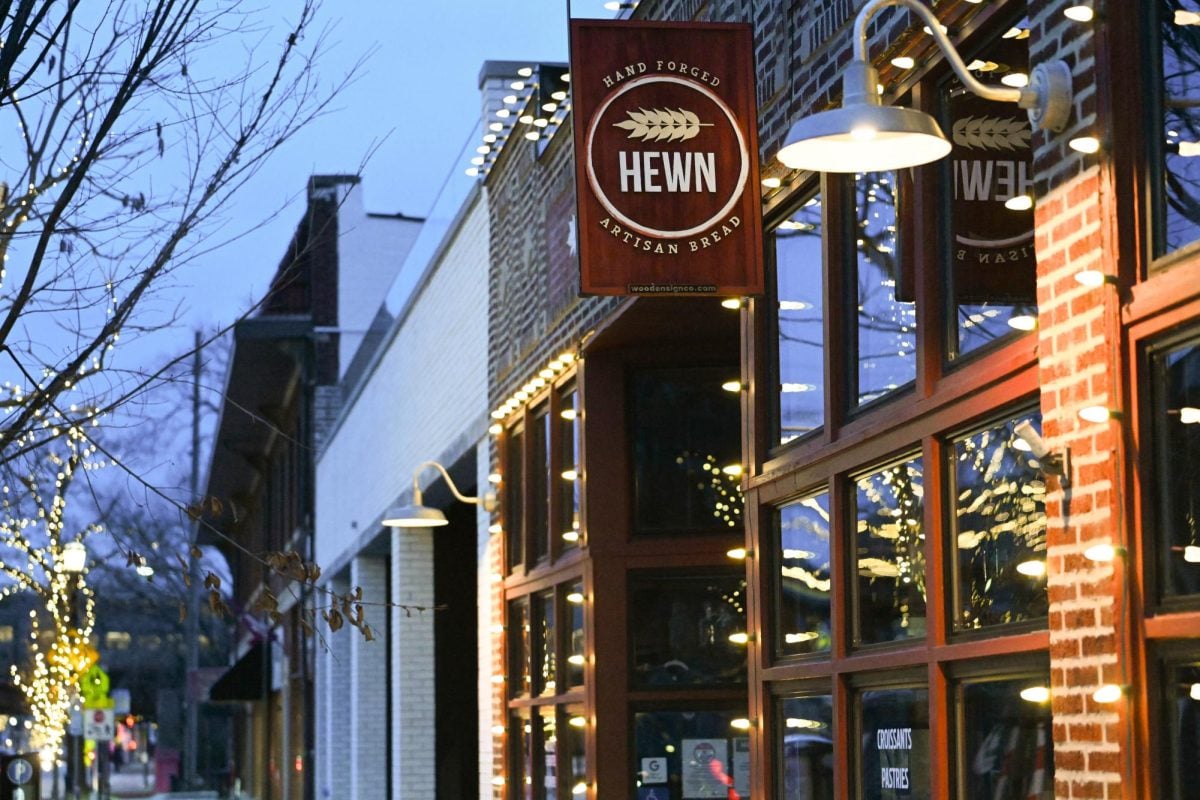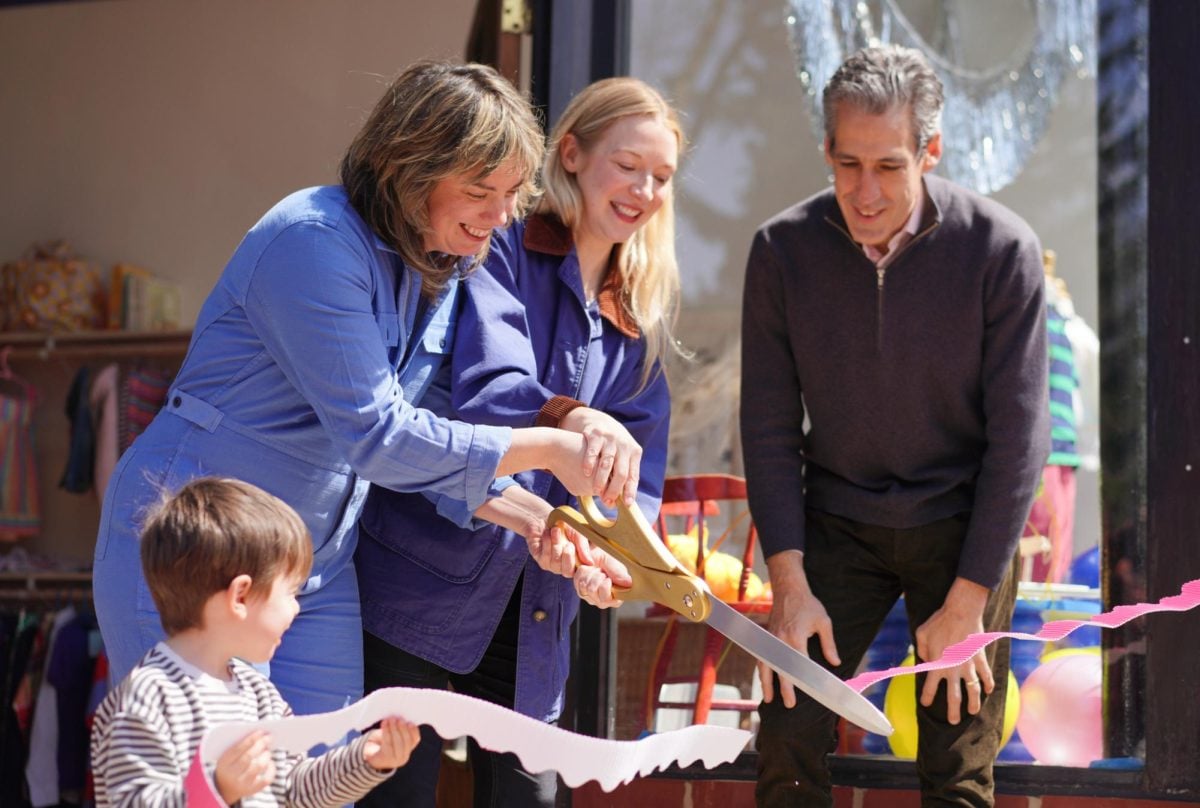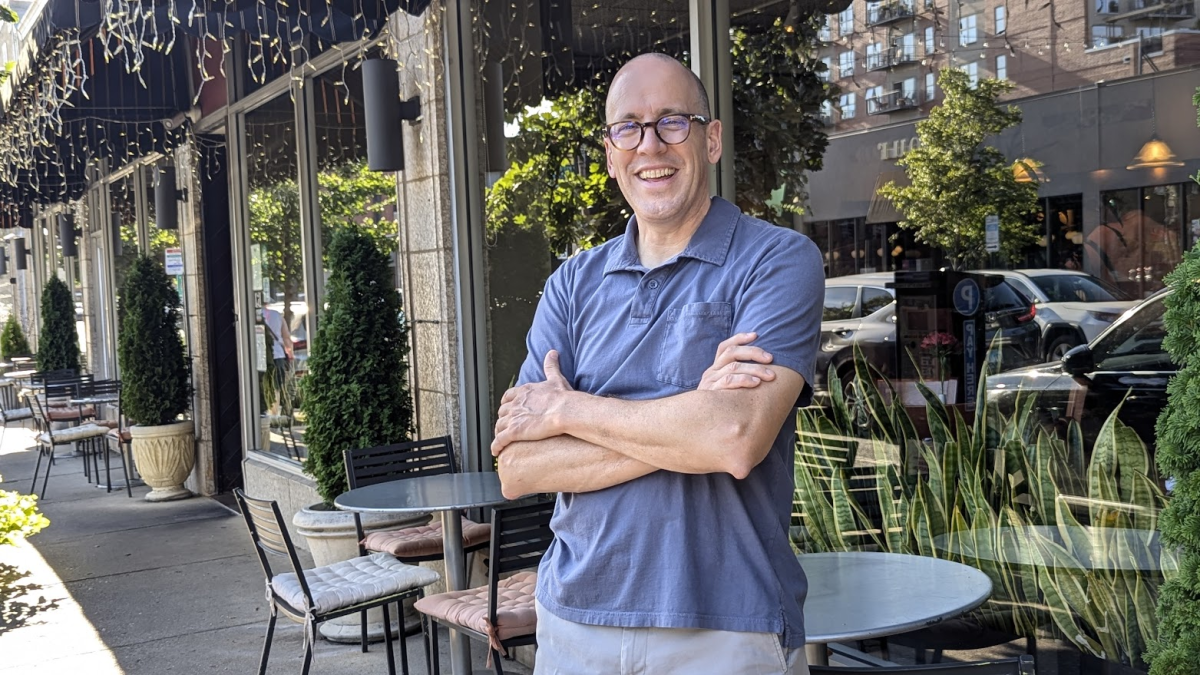Citing the potential impact on Evanston’s small businesses, City Council voted Monday to table a minimum wage increase and reject a contentious ban on cashless retailers and restaurants.
Councilmembers debated a proposed ordinance that would set the minimum wage at $15.50 for businesses with four to 99 employees and at $16.25 for businesses with 100 or more employees beginning in July.
The ordinance was originally brought to the council by Ald. Devon Reid (8th) last year and has been discussed in three meetings prior to Monday.
The proposed minimum wages exceed those of Cook County and Illinois, which are set at $14. The ordinance would have also increased the minimum wage annually to adjust for inflation, capped at 2.5% each year, but councilmembers voted to remove the automatic increase from the policy.
The council also voted to exclude youth employees at small businesses with fewer than 100 employees from the wage requirement.
Ald. Clare Kelly (1st) suggested lobbying for a state-wide minimum wage increase and said a higher local minimum wage would harm Evanston businesses.
“I am deeply concerned about when we pass legislation that impacts our local businesses that then disadvantage them to surrounding communities, as we’re struggling really hard to get our city back in shape after COVID,” Kelly said.
As councilmembers began voting on a motion to table the ordinance until March, Reid walked out of the meeting.
“I hope one day this council can stand up for f—ing poor people,” Reid said. “It is sick for folks who claim that they care about low-income workers, and you keep delaying this.”
Reid has also pushed for a ban on retailers that refuse to accept cash since 2022, saying businesses should accommodate customers — often low-income people — who don’t have bank accounts. Last January, the council sent the proposal back to committee for further research.
Absent Reid, City Council rejected that ordinance 4-2 Monday, with only Alds. Krissie Harris (2nd) and Juan Geracaris (9th) voting in favor.
The rejected ordinance would have banned retailers and restaurants from refusing to accept cash for any payment by customers, except for businesses that install “reverse ATMs” that convert cash into a prepaid card. Evanston would fine first-time violators up to $1,000, and subsequent violations would cost up to $1,500.
The council instead discussed installing a reverse ATM for public use and directed city staff to research the proposal.
It’s unclear how many cashless businesses exist in Evanston, but a survey of 33 businesses last year showed most establishments do not have any plans to stop accepting cash. Seven businesses surveyed said they refuse cash.
In recent years, several cities and states have decided to require businesses to accept cash. No such law exists statewide in Illinois, and a proposal by the Chicago City Council to implement such a requirement failed in 2019.
Near the end of the meeting, Mayor Daniel Biss said he thinks the council tables too many ordinances.
“We toss the dart at a date on the calendar a long time from now, and it’s like, ‘I don’t mind for a while,’” Biss said. “And the date comes, and we’re like, ‘Oh, yikes, I guess we should’ve done more.’”
William Tong contributed reporting.
Email: shungraves2027@u.northwestern.edu
Email: hannahwebster2027@u.northwestern.edu
Related Stories:
— Cook County to raise minimum wage this summer
— City Council approves execution of Participatory Budgeting projects, discusses minimum wage increase
— City Council approves $435 million budget for 2024, keeps property tax rate unchanged



















